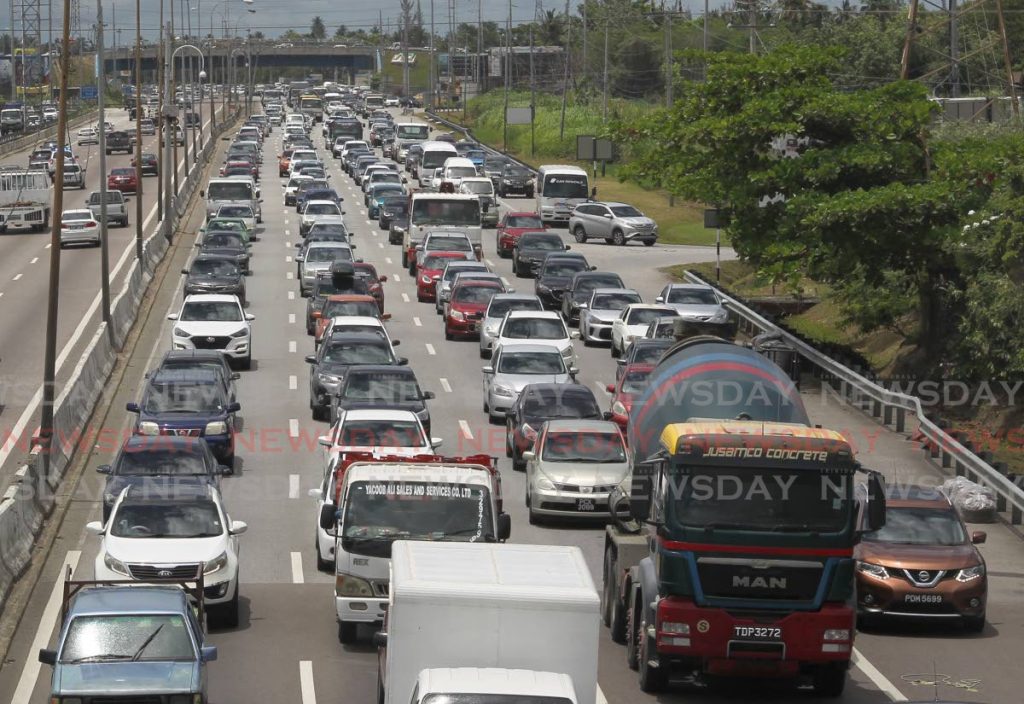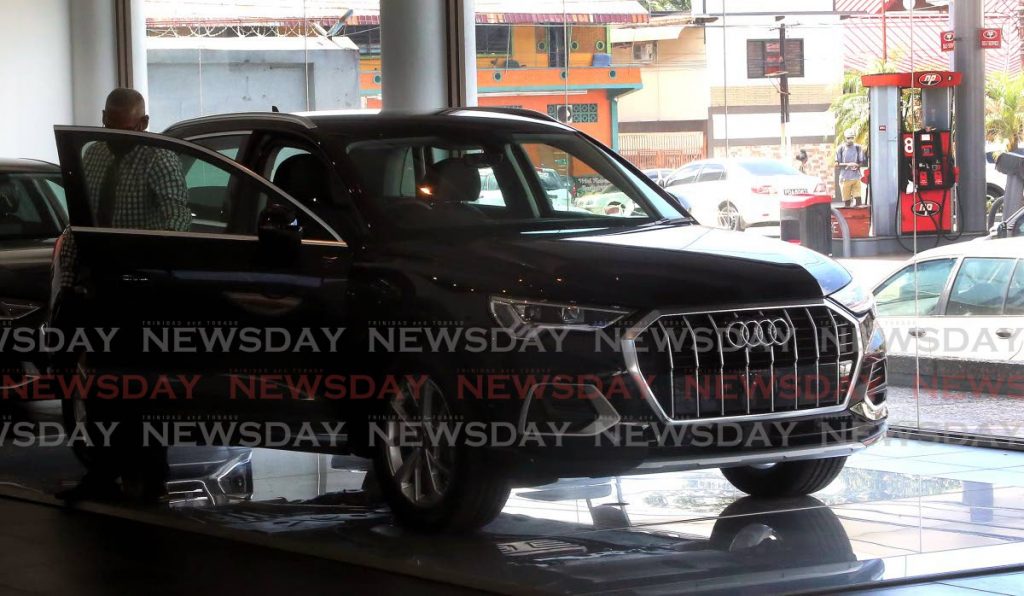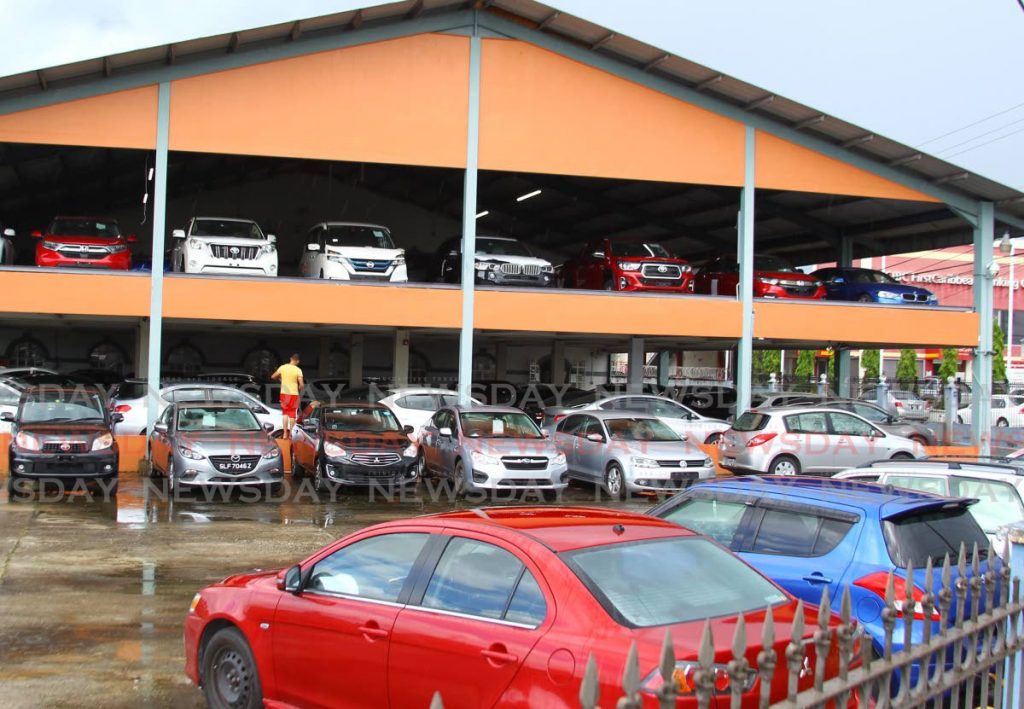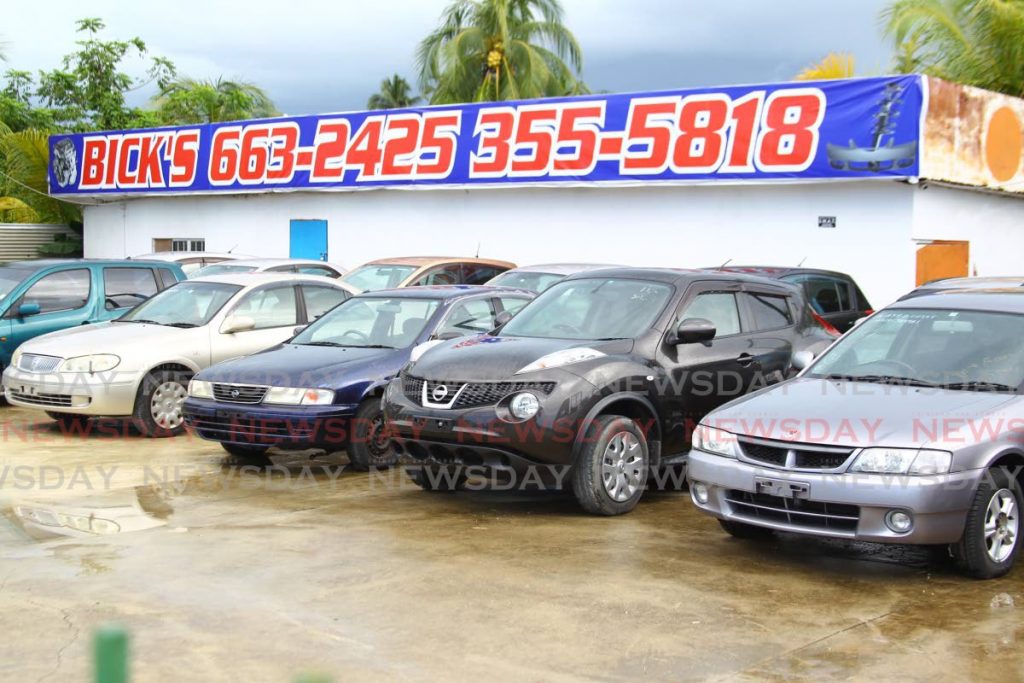Economists: Removing tax concessions on cars will have little effect on forex

Covid19, the disease that dominated every aspect of life for 2020, did more than claim more than a million lives and counting, it shut down the world. Because of the measures needed to stop its ceaseless spread oil and gas prices plummeted, industries shut down, and companies, if only to survive, furloughed thousands of employees worldwide.
The outlook wasn’t much different for Trinidad and Tobago. While the country was managing the virus from a public health perspective, it wreaked havoc on the economy. So it was no surprise that when Finance Minister Colm Imbert presented the 2020/2021 budget on October 5, it would have a focus on recovery from the damage that 2020 and covid19 had done.

The surprise came in some of the measures taken to retain foreign exchange and recover from losses. One of the more talked-about moves was the removal of all tax concessions on importing private cars. Government also intends to reduce the permissible age of imported foreign-used cars to three years, introduce a quota system for importing new cars and reduce the quota by 30 per cent for used cars imports.
In his budget presentation, Imbert said with close to a million vehicles in TT, more than 25,000 are imported annually, costing the country about US$400 million in foreign exchange. Imbert said this has created a serious leak in TT’s foreign exchange coffers.
“All private motor cars will now attract customs duty, motor vehicle tax and value-added tax, with the lowest rates of duty and tax being imposed on hybrid cars, electric cars, CNG cars, and small engine cars below 1,500cc, to encourage their use,” Imbert said in his presentation.
According to data from Ceicdata.com, TT sold 10,707 passenger cars up to December 2019, an increase from the year before, in which it was reported that 9,712 passenger cars were sold.
This year car sales took a hit, but sales of new cars continued apace. It was reported in June that car companies in TT sold 654 units for that month compared to the 990 sold in 2019. In that report chairman of Massy Motors David O'Brian said new cars are sold at an average of 1,000-1,200 a month, and this year, at least up to June, sales had reduced by 34 per cent.
The Central Bank’s Economic Indicator report said between January and October this year, 7,256 new vehicles were sold. Of those, 4,793 were for private use.
A release from the Ministry of Trade and Industry highlighted that the current permissible age for the imported diesel vehicles was already three years, while gasoline, hybrid and CNG vehicles had an age limit of four years.
The release said the current quota system for the foreign used car industry is 13,500 for gas diesel and hybrid vehicles and 1,500 for CNG vehicles. But it would seem the registered dealers have not been using their quotas to the maximum, as the average annual imports by all registered dealers are less than 10,000 units each.
Government, in the budget for the next year, sought to shift TT’s priorities for available foreign exchange to importing food and drugs and investing in local manufacturing. The shift in priorities was reflected in the other fiscal measures taken in the budget.
For example, taxes on mobile and digital equipment, mobile phones, software, computer accessories and peripherals were removed, and tax allowances up to $3 million provided to businesses which invest in start-ups and new tech business. Waivers on imported construction material for approved building projects which start on or before December 31, 2022 were also announced, as well as an income-tax exemption for people earning $7,000 or less a month.

But while government touts the change in tax exemptions for vehicles as a means to save much needed foreign exchange, economists said the move could in fact have a negative effect on small businesses, which have already been struggling over the past few years.
“Like thousands of other businesses, car companies were seeing a fall in sales for years because of the downturn of the economy,” said economist Valmikki Arjoon. “Small car dealers may not be able to cope, because they have been already experiencing this loss.”
Arjoon said while the minister hopes the removal of tax concessions will encourage customs duty and tax revenues, it could actually hurt businesses. He said government could have still maintained exemptions on hybrid and electric vehicles as the clean-energy vehicle industry is still growing, and would assist in TT maintaining its side of the bargain when it signed on to the Paris Accord Agreement.
“Given that the demand for all vehicles will be cut, it would put a dent in the small progress that we have made with hybrid and electric vehicles,” Arjoon said.
The question is, what is the effect government expects this removal of tax concessions to have? If the purpose is to lessen the demand for foreign exchange, economist Mariano Browne says it will have little to no effect.

He said TT’s foreign exchange demand averages about US$5.7 billion per year and if Imbert’s numbers are to be taken, then imported cars only take up about seven per cent of the total demand for foreign exchange. If the removal of tax concessions were to have an effect, it would reduce the demand for vehicles by about ten per cent as well, which means the country would save about $20 million – less than one per cent of the total demand for foreign currency.
Browne added that demand for imported vehicles was dropping on their own owing to a combination of high gas prices, the introduction of electric, CNG and hybrid vehicles and the fact that some people simply cannot afford to buy a brand-new car.
The fact is, there is no one single policy or measure that would fix the foreign exchange issue. Arjoon said the country would quicker save foreign exchange if measures were taken to improve and empower the private sector, improve the ease of doing business and reduce illicit transactions and corruption.
Arjoon also suggested lowering corporation taxes for small to medium enterprises.
“Charging SMEs the same taxes as we would larger companies, especially now, could be unfair. If we lower corporation taxes we could be looking at levelling the playing field."


Comments
"Economists: Removing tax concessions on cars will have little effect on forex"